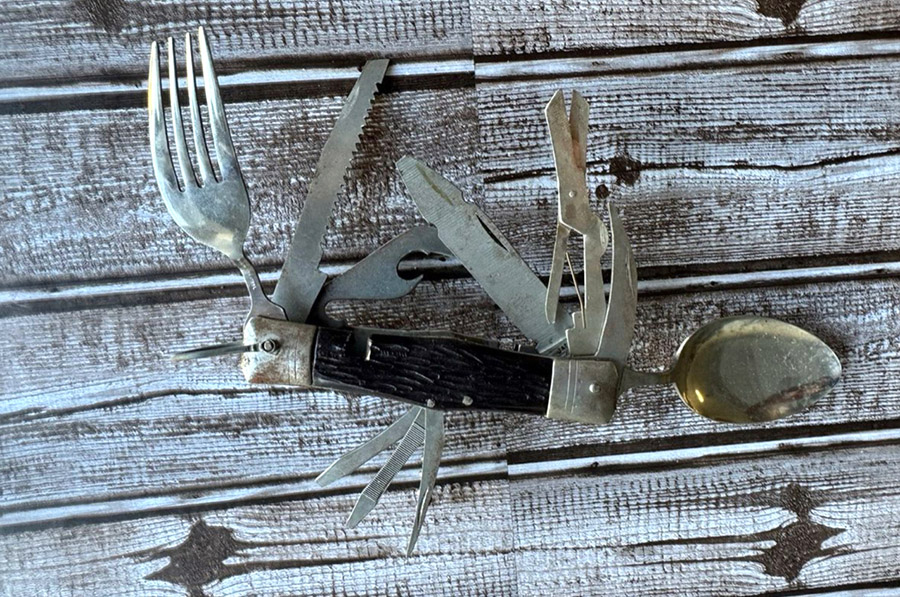By Bob Moos, Southwest public affairs officer for the U.S. Centers for Medicare and Medicaid Services
If you plan to work past 65 and keep the health insurance you’ve had from your job, you’re likely to wonder what, if anything, you need to do about enrolling in Medicare.
About one in six older Americans now remains in the workforce beyond what was once the traditional retirement age. And the number of older workers will only grow over time.
One reason is that Social Security now requires you to be at least 66 to collect your full retirement benefits. Retiring earlier means a smaller Social Security check.
Then a number of sixty-something workers continue to pursue their careers because they can’t afford to retire. And still others simply prefer to stay engaged and on the job.
Whatever the reason for postponing your retirement, you still need to consider Medicare as you approach your 65th birthday and qualify for the health care coverage.
First, you should visit with your company’s human resources manager to determine how your employer-provided insurance will fit with Medicare. That’s also true for anyone turning 65 and receiving health care through a working spouse’s group plan.
Most workers will want to sign up for Medicare’s Part A, which usually has no monthly premium and covers hospital stays, skilled nursing, home health services and hospice care.
Of course, like most rules of thumb, there’s always an exception. And this one is no different.
If your employer coverage takes the form of a high-deductible insurance plan with a health savings account, you should defer enrolling in Part A. The Internal Revenue Service forbids you to continue contributing to your savings account once you have Medicare.
When you sign up for Medicare’s Part B, which covers doctor appointments and other outpatient services, mostly depends on how large your employer is.
If your or your working spouse’s company has 20 or more employees, your employer-provided insurance will remain your primary coverage and will pay your bills first. You can delay enrolling in Part B until you stop working.
If your or your spouse’s company has fewer than 20 workers, Medicare will become your primary coverage, and your employer coverage will be secondary, so you should sign up for Part B.
Assuming that you’re not yet receiving Social Security benefits, you’ll need to enroll in Medicare by contacting Social Security at 800-772-1213 or www.socialsecurity.gov.
You should do this during what’s called your “initial enrollment period,” which runs from three months before the month you turn 65 to three months after your birthday month.
There’s also the question of whether you’ll need to enroll in Medicare’s prescription drug coverage, also known as Part D, when you turn 65 or whether you can put off that decision.
Again, you should consult with your company’s benefits manager. If your employer plan includes drug coverage that’s at least comparable to Part D coverage, you won’t need to sign up right away.
When you do finally stop working, you’ll be able to enroll in Medicare (Parts A or B) without risking a late penalty during a special eight-month enrollment period. You’ll also have two months to select a Medicare drug plan without a penalty.
To learn more about how your employer health plan works with Medicare, visit www.medicare.gov/publications and view the booklet “Medicare and Other Health Benefits: Your Guide to Who Pays First.” Or call 800-633-4227 to request a free copy.
Understanding how your insurance choices fit together as you continue working beyond 65 will help you get the best care for your dollars.

















0 Comments